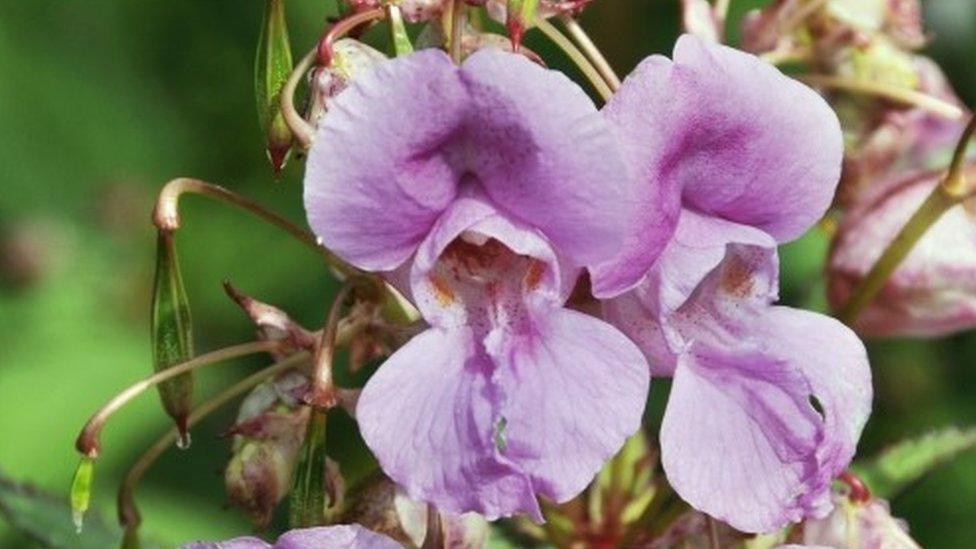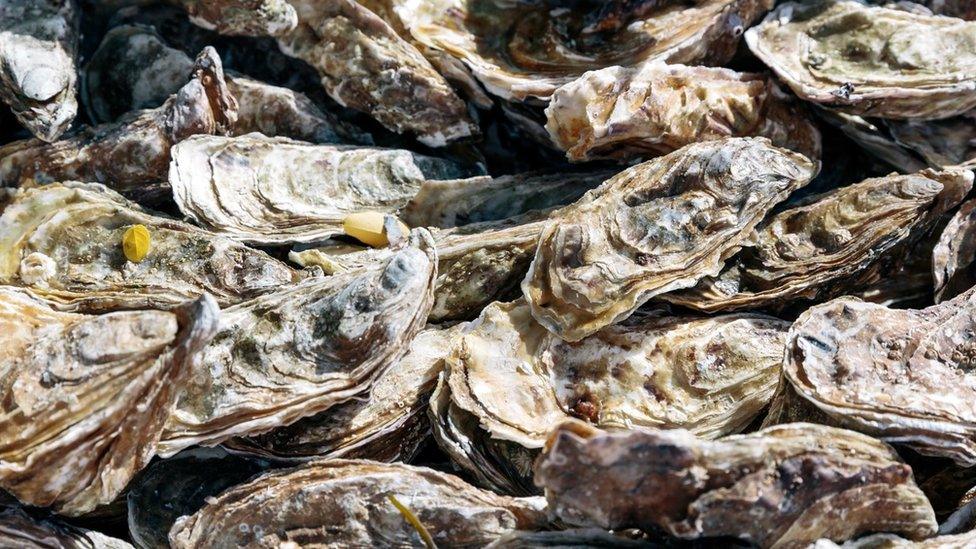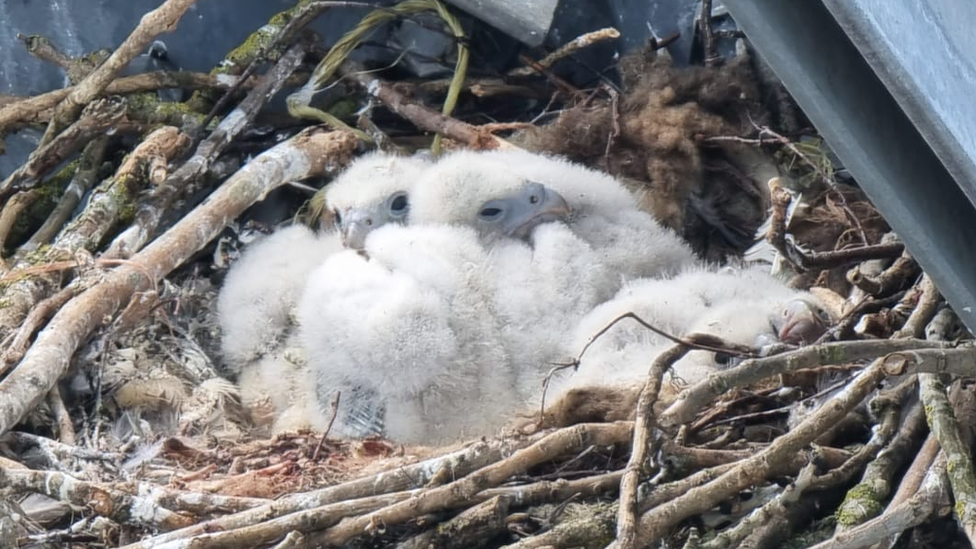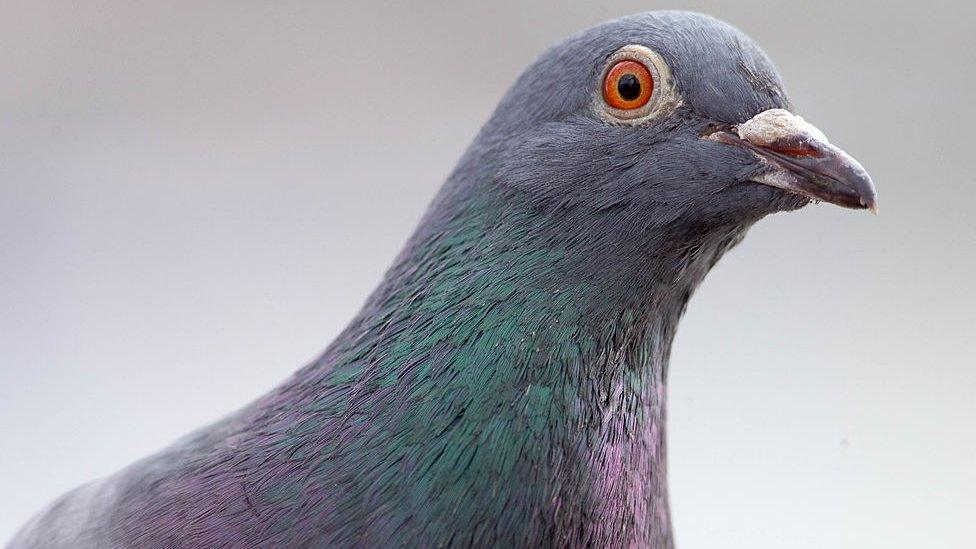Volunteers sought to destroy Himalayan balsam on Lincolnshire river bank
- Published

Himalayan balsam is fast-growing and spreads quickly, invading wet habitat at the expense of native flowers
Volunteers are being sought to help clear a destructive species of plant near a Lincolnshire river.
Himalayan balsam, a non-native species, outcompetes native plants on riverbanks, reducing biodiversity.
The "balsam-bashing" event, organised by the Lincolnshire Chalk Streams Project, aims to lend "a helping hand to eradicate this invasive species".
The event takes place on a stretch of the River Waring, near Horncastle, on Friday.
Left unchecked, Himalayan balsam dies back in the winter, leaving the banks open to erosion as the root system disappears, a spokesperson for the group said.
"The owners of the site have been bravely battling balsam for many years, and have made some headway, but we're here to give them a helping hand to eradicate this invasive species," they added.
Anyone interested can contact the group, external via their website.
Himalayan balsam
Himalayan balsam is a non-native invasive species which has become widely naturalised along riverbanks and ditches, especially close to towns
It is fast-growing and spreads quickly, invading wet habitat at the expense of native flowers
Its explosive seed pods aid its spread by sending the seeds into the river, causing further dispersal downstream
Removing Himalayan balsam from the riverbank helps to encourage native plant species to grow
Source: Lincolnshire Chalk Streams Project

Follow BBC East Yorkshire and Lincolnshire on Facebook, external, Twitter, external, and Instagram, external. Send your story ideas to yorkslincs.news@bbc.co.uk, external.
Related topics
- Published29 June 2022

- Published28 June 2022

- Published23 June 2022

- Published19 October 2021
